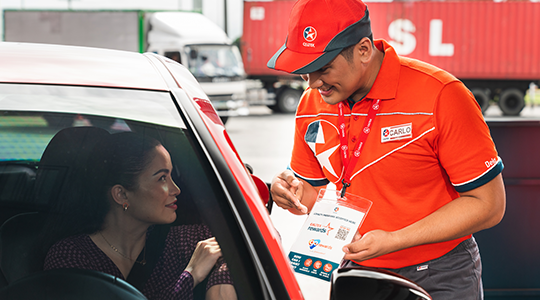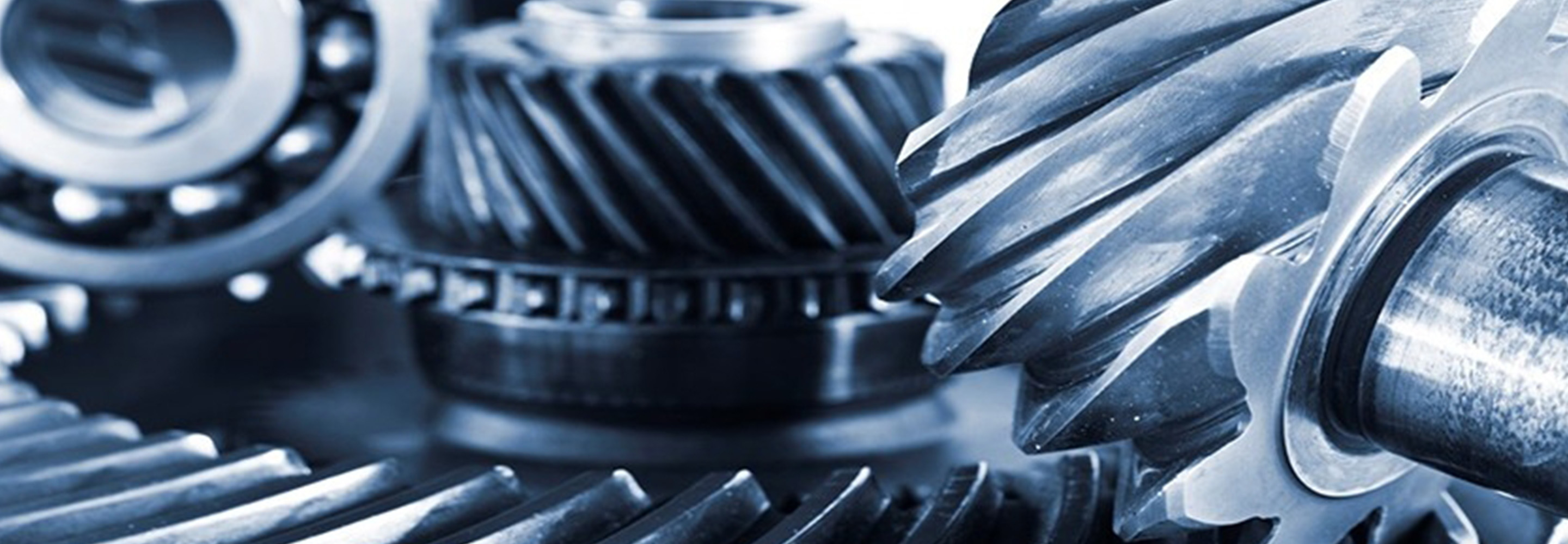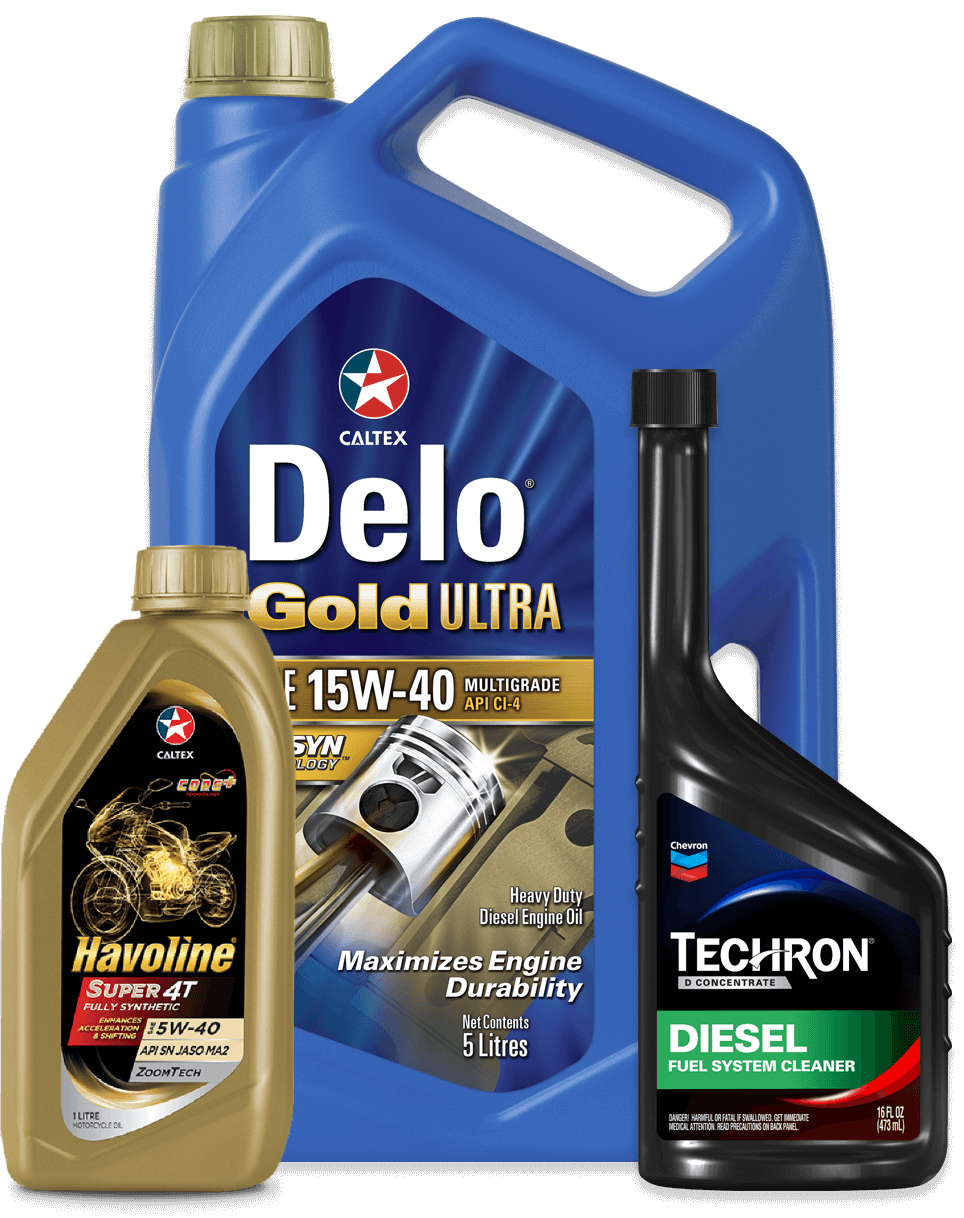Gear box oils are reliant on the problems common to industrial gears and their working. Since the gear box is a vital component of the equipment’s functioning, it is of import to make sure it works smoothly through its lifespan, and to provide the best possible lubrication options to ensure it avoids most of the problems related to its usage.
Industrial gears suffer two major problems through their lifespans:
Micro-pitting:
In the case of being covered in improper lubrication, gear teeth, as they go through the motions, wear away at each other, causing small pits and craters on them called micro-pitting. These, if left unchecked, can lead to macro-pitting, gear damage, and eventual equipment failure. Examine the face of a gear tooth, you might see what looks like gray staining along the lower part of an otherwise shiny tooth. That’s micro-pitting.
Gear teeth have a slight arch called a “convolute curve” that allows for a little bit of rolling as the teeth mesh with each other, which aids in lubrication to prevent wear. If the tooth profile is distorted in asperities, due to micro-pitting and wear, it will reduce efficiency of the gear and lead to tooth breakage. That’s why it’s imperative that lubrication is optimal.
Bearing and seal failure:
The leading cause of gear failure is seal failure, which can then lead to bearing failure, and ultimately to failure of the gear set. Therefore, it is also critical to protect the seals and bearings. Bearings rotating in their bores can also cause wear in the bores, in turn causing misalignment and gear damage. These are expensive components that will require more than reasonable compensation, not to be taken lightly. These problems are caused by contamination or reduction in the oil, which leads to scuffing of the bearing and seal.
Caltex's Meropa® XL industrial gear oil is designed to mitigate these problems. This oil recently earned approval under the latest Siemens Flender gear lubricant testing (revision 15). The Siemens Flender test is a bench test that test gear oils in conditions that mimic the extreme conditions that lead to micro-pitting and bearing failure. Comparative data from the testing shows Meropa EliteSyn XM showed effective wear protection with outstanding performance over the initial ten-stage test process and continued that performance in the following endurance test. Chevron is now bringing this product to market with very high confidence backed by good test data.
This year, we also plan to launch Meropa EliteSyn XM, which will offer good low-temperature performance as well as resistance to oxidation at higher temperatures. This product is currently undergoing field testing.
In addition to industry-standard testing, our product development process includes our own conscientious testing. With industrial gears commonly operating at 1000+ F above ambient temperature, gear oils need to avoid oxidation as much as possible, and remain stable compounds that do not contaminate the equipment. These products also offer good demulsifying properties to mitigate water contamination.
It pays to compare industrial gear oils and, more importantly, to be sure you’re taking the proper measures to prevent small problems from snowballing into big problems down the road.
Gear box oils are reliant on the problems common to industrial gears and their working. Since the gear box is a vital component of the equipment’s functioning, it is of import to make sure it works smoothly through its lifespan, and to provide the best possible lubrication options to ensure it avoids most of the problems related to its usage.
Industrial gears suffer two major problems through their lifespans:
Micro-pitting:
In the case of being covered in improper lubrication, gear teeth, as they go through the motions, wear away at each other, causing small pits and craters on them called micro-pitting. These, if left unchecked, can lead to macro-pitting, gear damage, and eventual equipment failure. Examine the face of a gear tooth, you might see what looks like gray staining along the lower part of an otherwise shiny tooth. That’s micro-pitting.
Gear teeth have a slight arch called a “convolute curve” that allows for a little bit of rolling as the teeth mesh with each other, which aids in lubrication to prevent wear. If the tooth profile is distorted in asperities, due to micro-pitting and wear, it will reduce efficiency of the gear and lead to tooth breakage. That’s why it’s imperative that lubrication is optimal.
Bearing and seal failure:
The leading cause of gear failure is seal failure, which can then lead to bearing failure, and ultimately to failure of the gear set. Therefore, it is also critical to protect the seals and bearings. Bearings rotating in their bores can also cause wear in the bores, in turn causing misalignment and gear damage. These are expensive components that will require more than reasonable compensation, not to be taken lightly. These problems are caused by contamination or reduction in the oil, which leads to scuffing of the bearing and seal.
Caltex's Meropa® XL industrial gear oil is designed to mitigate these problems. This oil recently earned approval under the latest Siemens Flender gear lubricant testing (revision 15). The Siemens Flender test is a bench test that test gear oils in conditions that mimic the extreme conditions that lead to micro-pitting and bearing failure. Comparative data from the testing shows Meropa EliteSyn XM showed effective wear protection with outstanding performance over the initial ten-stage test process and continued that performance in the following endurance test. Chevron is now bringing this product to market with very high confidence backed by good test data.
This year, we also plan to launch Meropa EliteSyn XM, which will offer good low-temperature performance as well as resistance to oxidation at higher temperatures. This product is currently undergoing field testing.
In addition to industry-standard testing, our product development process includes our own conscientious testing. With industrial gears commonly operating at 1000+ F above ambient temperature, gear oils need to avoid oxidation as much as possible, and remain stable compounds that do not contaminate the equipment. These products also offer good demulsifying properties to mitigate water contamination.
It pays to compare industrial gear oils and, more importantly, to be sure you’re taking the proper measures to prevent small problems from snowballing into big problems down the road.

About Author
With over 35 years in the oil and gas industry, Dan Holdmeyer has worked for Chevron the past 14 years, serving in a variety of capacities with the company in addition to his current post as Industrial and Coolants Brand Manager where he works as a lubrication engineer that supports Chevron Delo and other related lubricants brands. He plays an integral role in supporting and managing a variety of programs related to off-highway and on-highway lubrication needs. Dan also works as Chevron’s Training Specialist for their Global Lubricants division since joining the company. Prior to joining Chevron, Dan worked as a Field Engineer at Mobil Oil Corporation for 20 years (1979-99) after graduating from the University of Missouri-Columbia with a Bachelor of Science in Chemical Engineering.
ARTICLES FOR YOU
ARTICLES FOR YOU

Trends in Passenger Car Motor Oils: Evolving Engine Technology Driving Change
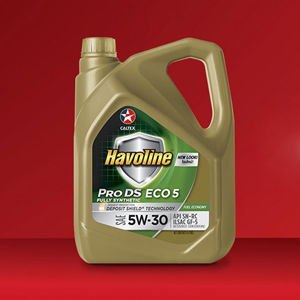
GM’s dexos1™ PCMO Specification Knowledge
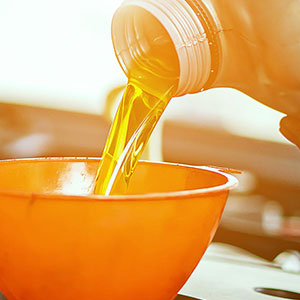
How Synthetic Oils Are Helping Cars Last Longer

Synthetic Oils Are The Wave Of The Future For Passenger Cars
Need more assistance?
Begin your journey towards world class products and services with Caltex.





